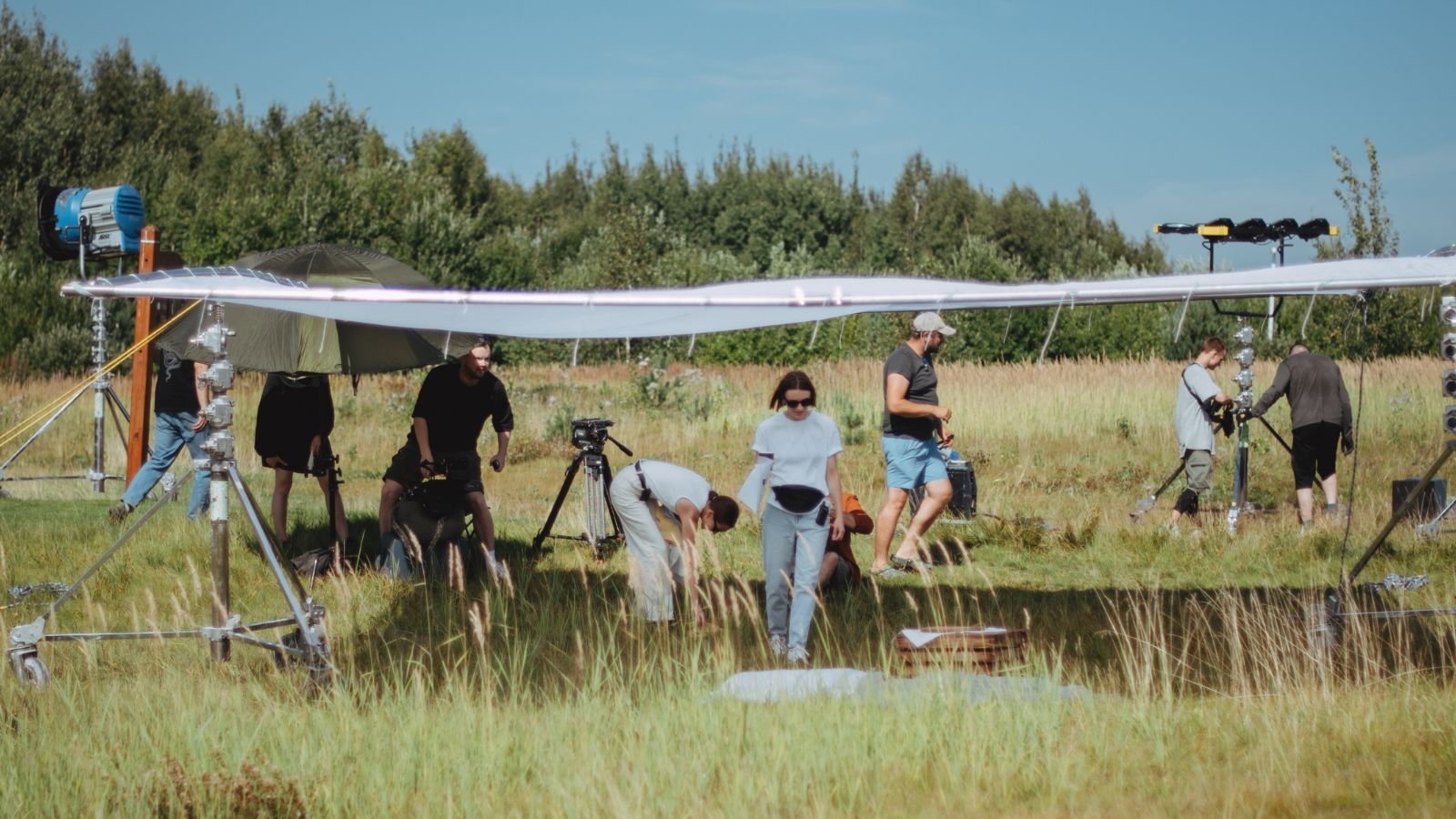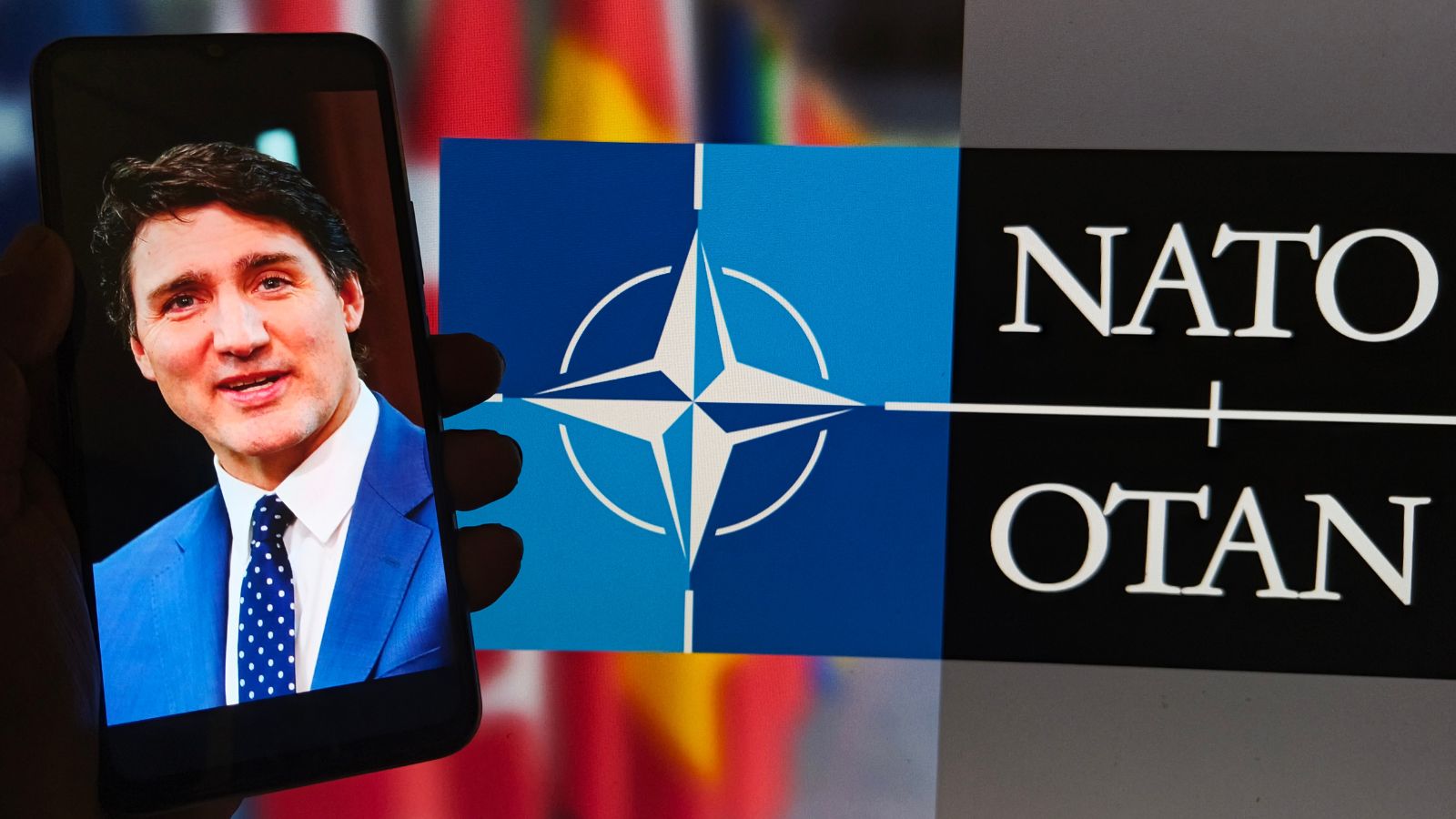Canada’s global reputation often leans toward quiet diplomacy, steady leadership, and a generally understated national character. That tendency sometimes leads other countries or industries to misjudge the depth of Canadian capability. Yet history shows multiple moments where Canada exceeded expectations, outperformed competitors, or delivered solutions few anticipated. These 22 moments the rest of the world underestimated us.
Canada’s Peacekeeping Legacy Redefining Global Expectations

When Canada first proposed large-scale UN peacekeeping models in the 1950s, some nations saw the idea as symbolic rather than practical. But the innovation reshaped international conflict management, setting standards for neutrality, structure, and multinational coordination. Canadian-led missions proved effective in stabilizing regions and became the global template for modern peacekeeping. Countries that initially dismissed the model soon adopted variants of it, acknowledging its strategic value. Canada’s diplomatic approach shifted global expectations, demonstrating that influence isn’t defined by military size alone, but by the ability to create frameworks others choose to follow.
The Avro Arrow’s Unmatched Technological Leap

When early details of the Avro Arrow surfaced, international observers doubted Canada’s ability to produce a fighter jet capable of competing with global superpowers. The final prototype shocked the aerospace sector. Its speed, avionics, and aerodynamic design exceeded global benchmarks, forcing other nations to reassess their own development timelines. Although the project was cancelled domestically, foreign engineers acknowledged the Arrow’s technological advance, with several countries quietly adopting elements of its design. Underestimating Canada’s aerospace capabilities led rival programs to scramble to catch up, illustrating the country’s overlooked engineering strength.
The 1972 Summit Series Comeback Against the USSR

The Soviet Union entered the Summit Series confident that Canada’s NHL stars were unprepared for their disciplined, highly trained roster. After early losses, some international analysts dismissed Canada’s chances entirely. The Canadian team responded with a strategic and emotional surge, winning the series in one of hockey’s defining moments. The comeback forced global hockey powers to recognize Canada’s adaptability and resilience under pressure. The victory reshaped international hockey dynamics and demonstrated that Canadian teams perform best when underestimated.
Insulin’s Global Impact After Being Initially Undervalued

When Frederick Banting and Charles Best began their research on diabetes treatment, global medical institutions largely overlooked their work. Early scepticism shifted rapidly once insulin proved effective, saving lives almost immediately. Countries that dismissed the research were suddenly racing to adopt the discovery. Insulin became one of the most important medical breakthroughs of the century, transforming diabetes care worldwide. Canada’s contribution demonstrated that groundbreaking solutions can emerge from teams once considered peripheral in global medical research.
Canadian Studios Quietly Shaping Hollywood’s Biggest Films

For years, Hollywood underestimated Canadian production capacity, viewing Canadian cities mostly as cheap filming locations. That perception shifted when Canadian crews began producing award-winning visual effects, editing work, and full-scale productions at global standards. Films reliant on Canadian studios earned international recognition, pushing major production houses to acknowledge the depth of Canadian technical expertise. The result: blockbuster franchises, streaming giants, and global studios now rely heavily on Canadian teams. Underestimation turned into dependence as Canada became a behind-the-scenes industry leader.
The Strength of Canada’s Banking System During the 2008 Crisis

Prior to the global financial crisis, Canada’s banking system was often seen as overly cautious and conservative. When major economies fell into recession due to financial instability, Canada’s regulated framework proved unexpectedly resilient. International markets that once criticized Canada’s slower, risk-averse approach were forced to reassess their own strategies. The country’s stability became a global benchmark, and several nations adopted elements of the Canadian regulatory model. Underestimating “boring banking” resulted in many admiring it when the crisis hit.
The International Rise of Canadian Literature

For decades, the global publishing industry paid limited attention to Canadian authors, assuming their influence would remain regional. That changed when writers like Margaret Atwood, Alice Munro, and Michael Ondaatje earned major international awards and shaped global literary discourse. Their works proved that Canadian storytelling carried depth, innovation, and universal resonance. Countries that once overlooked Canadian literature began actively seeking Canadian voices. Underestimation eventually gave way to recognition as those authors set new benchmarks in modern writing.
Canada’s Role in Cracking Enigma During WWII

Canada’s intelligence contributions during the Second World War were often overshadowed by larger allies. Few realized the depth of Canadian involvement in cryptography until later disclosures revealed significant assistance in codebreaking efforts, including work related to the Enigma encryption system. Canadian analysts helped refine decoding methods and supported communications intelligence essential to Allied coordination. Countries that underestimated Canada’s intelligence capacity later acknowledged its impact on operational success. Quiet expertise proved indispensable in one of history’s most complex wartime challenges.
Cirque du Soleil Becoming a Global Cultural Force

When Cirque du Soleil launched in Québec, global audiences viewed it as a regional artistic experiment. The assumption was that it would struggle to compete with established circuses and commercial entertainment brands. Instead, the company reinvented the entire live-performance industry, blending acrobatics, theatre, and music into a new cultural form. Cirque became a global phenomenon, influencing stage design, costume production, and storytelling across continents. The world underestimated a small group of performers from Québec — until the company permanently shifted global entertainment standards.
Canada Quietly Becoming a Leader in AI Research

Countries with larger tech sectors long assumed AI breakthroughs would come primarily from Silicon Valley, Europe, or East Asia. Instead, foundational research emerged from Canadian universities, particularly in Montréal, Toronto, and Edmonton. Work by pioneers such as Geoffrey Hinton helped shape modern machine learning. As global companies realized the depth of Canadian expertise, they began establishing research hubs across the country. Nations that overlooked Canada’s early contributions found themselves adapting to innovations that originated on Canadian soil, reshaping global AI development.
Canada’s Women’s Hockey Dominance After Being Dismissed Early On

When women’s hockey began gaining international structure, some countries assumed Canada would only marginally outperform the field. Instead, Canadian teams built an unmatched competitive record, earning Olympic and world championship titles with remarkable consistency. Their discipline, development programs, and resilience shifted early assumptions. Nations that underestimated the depth of Canada’s women’s program soon recognized its long-term influence on global competition. The team’s legacy established Canada as the standard-bearer for excellence in the women’s game.
Canada’s Quiet Leadership in the Paris Climate Agreement

During negotiations, several global players assumed Canada would play a secondary role, offering support but not shaping major policy directions. Instead, Canada helped bridge political divides, facilitated consensus-building, and contributed to structuring several key implementation mechanisms. When the agreement was finalized, countries that underestimated Canada’s diplomatic influence acknowledged the country’s ability to negotiate effectively across diverse blocs. The role wasn’t loud or headline-driven, but it proved essential in moving the agreement forward. Canada’s steady approach helped shape one of the most significant climate frameworks of the last decade.
The Rise of Canadian Video Game Development

Many countries once viewed Canada as a secondary market for video game production. That changed when Canadian studios produced globally influential titles, set new standards for open-world design, and developed advanced motion-capture techniques. Montréal, Vancouver, and Toronto became international hubs, attracting major companies that had underestimated Canada’s talent pool. By the time global competitors noticed, Canadian studios had already shaped industry workflows and secured long-term contracts. Canada’s mix of skill, innovation, and stable infrastructure proved unexpectedly competitive, shifting global perceptions of game development leadership.
The Canadian-led Discovery of Stem Cell Science

When James Till and Ernest McCulloch began their research in the 1960s, few expected their experiments to reshape modern medicine. Their discovery of stem cells — initially met with scepticism — became foundational to regenerative medicine, cancer research, and numerous therapeutic advances. Countries that overlooked the research soon found themselves integrating Canadian findings into their own medical programs. The discovery demonstrated how groundbreaking work often begins quietly, driven by scientific patience rather than global attention. Canada’s contribution continues to influence medical research worldwide.
The Athletic Breakthrough of Donovan Bailey

Before the 1996 Olympics, most analysts focused on American and European sprinters, underrating Donovan Bailey’s potential. His explosive performance in the 100 metres — and subsequent world record — forced global athletics to reassess Canadian sprinting talent. Bailey’s win delivered one of the sport’s most iconic moments, disproving assumptions that Canada lacked world-class speed. His victory had a lasting influence on Canadian track development and remains a reminder that underestimating Canadian athletes often leads to unexpected outcomes on the international stage.
The Unexpected Global Reach of Canadian Comedy

For years, global audiences overlooked Canadian humour, viewing it as niche or regionally specific. That changed when Canadian comedians and writers began shaping major American TV shows, late-night productions, and globally streamed sitcoms. From sketch comedy to animation, Canadian voices proved essential to some of the most influential comedic formats. Countries that underestimated the depth of Canadian writing and timing soon realized how often Canadians were behind internationally successful productions. The shift demonstrated that comedic influence doesn’t always emerge loudly — sometimes it grows through consistent creative excellence.
CANDU Reactors Outperforming Expectations Abroad

When Canada introduced CANDU reactor technology, several countries doubted its competitiveness against dominant nuclear models. Once deployed internationally, the reactors demonstrated impressive fuel efficiency, adaptability, and safety performance, surprising early critics. Nations that initially dismissed Canadian nuclear engineering later adopted or licensed the technology. CANDU became an example of Canadian innovation succeeding quietly yet effectively on the world stage, proving that the country’s engineering capabilities could compete with — and sometimes surpass — major global players.
Canada’s Role in Stabilizing Post-Cold War NATO Strategy

Following the Cold War, some member nations assumed Canada would remain peripheral to NATO strategy. Instead, Canada contributed significantly to peacekeeping, training missions, and stabilization efforts in Europe. Its leadership in certain operational frameworks demonstrated a strategic depth that larger nations had largely overlooked. By participating consistently and constructively, Canada helped shape NATO’s modern structure and operational direction. Countries that underestimated Canada’s influence gradually acknowledged its reliability and strategic value in maintaining collective security.
The Global Adoption of Canada’s Approach to Urban Multiculturalism

Early critics dismissed Canada’s multicultural policies as overly idealistic. Over time, however, cities across the world began adopting similar models after seeing Canada’s success in social integration, economic participation, and community development. Countries that had underestimated the policy’s practicality later studied Canadian frameworks for immigration, settlement, and local governance. The Canadian approach influenced global urban planning and demonstrated that social cohesion could be structured intentionally and effectively. It became a quietly influential export — one that reshaped international thinking.
The “Canadian Sound” Quietly Dominating Global Music Charts

For years, global music critics regarded Canadian artists as peripheral contributors to mainstream genres. That perception collapsed as Canadian musicians began topping charts, shaping global pop, R&B, and indie movements. Producers and songwriters from Toronto, Montréal, and Vancouver introduced new textures and production styles that influenced artists worldwide. Countries that once overlooked Canadian musicians found themselves competing with them for global attention. What began as a quiet presence became a defining cultural force in modern music.
Canadian Mining and Geology Expertise Leading Global Projects

International firms once underestimated the capability of Canadian mining engineers and geologists, assuming they were limited to local operations. As Canadian expertise expanded into global exploration and extraction projects, those assumptions were challenged. Canadian teams delivered efficient, environmentally informed, and technically advanced solutions that outperformed competitors. Countries that underestimated this expertise began inviting Canadian firms to lead major operations. The shift highlighted the country’s depth in earth sciences and resource management.
Canada’s Global Leadership in Telecommunications Engineering

Before Nortel and subsequent Canadian telecom innovators gained prominence, global competitors viewed Canada as a minor player in network technology. Over time, Canadian engineers developed systems and infrastructure improvements that were adopted worldwide, influencing mobile networks, fibre optics, and advanced switching technologies. Countries that underestimated Canadian telecom capacity later relied on Canadian-developed systems to expand their own networks. The quiet yet substantial influence demonstrated that Canada’s engineering footprint extended far beyond its borders.
21 Products Canadians Should Stockpile Before Tariffs Hit

If trade tensions escalate between Canada and the U.S., everyday essentials can suddenly disappear or skyrocket in price. Products like pantry basics and tech must-haves that depend on are deeply tied to cross-border supply chains and are likely to face various kinds of disruptions
21 Products Canadians Should Stockpile Before Tariffs Hit
